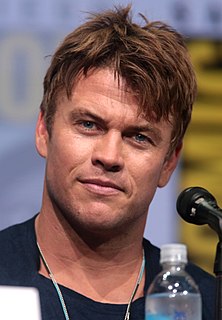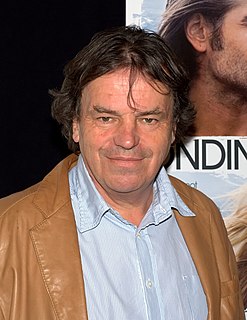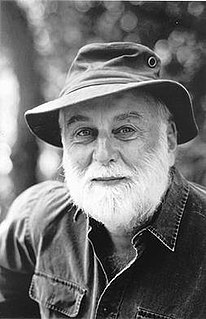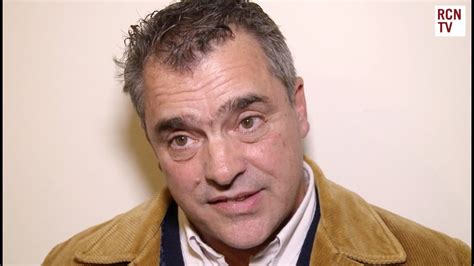A Quote by Jenova Chen
'Journey' was very much inspired by Joseph Campbell's work for 'The Hero's Journey,' but, from among his works, I like 'The Power of Myth' best.
Related Quotes
The anti-hero or hero usually has a journey or quest so they are interesting as you find out what's going to happen, what they are looking for. What are they trying to do? Sometimes what they do is heroic or comes with a price or sacrifice or maybe the way they do things isn't so great and that's when they become anti-heroes. But the journey of an anti-hero combined with a good story done well is always worthwhile.
There there is nothing like a wilderness journey for rekindling the fires of life. Simplicity is part of it. Cutting the cackle. Transportation reduced to leg - or arm - power, eating irons to one spoon. Such simplicity, together with sweat and silence, amplify the rhythms of any long journey, especially through unknown, untattered territory. And in the end such a journey can restore an understanding of how insignificant you are -- and thereby set you free.








































